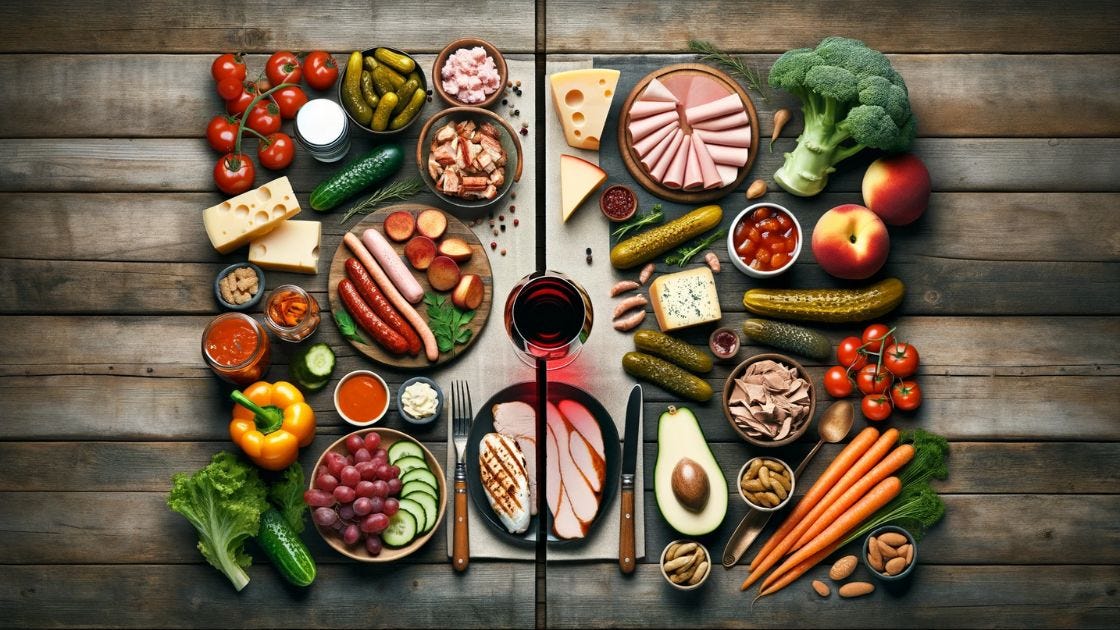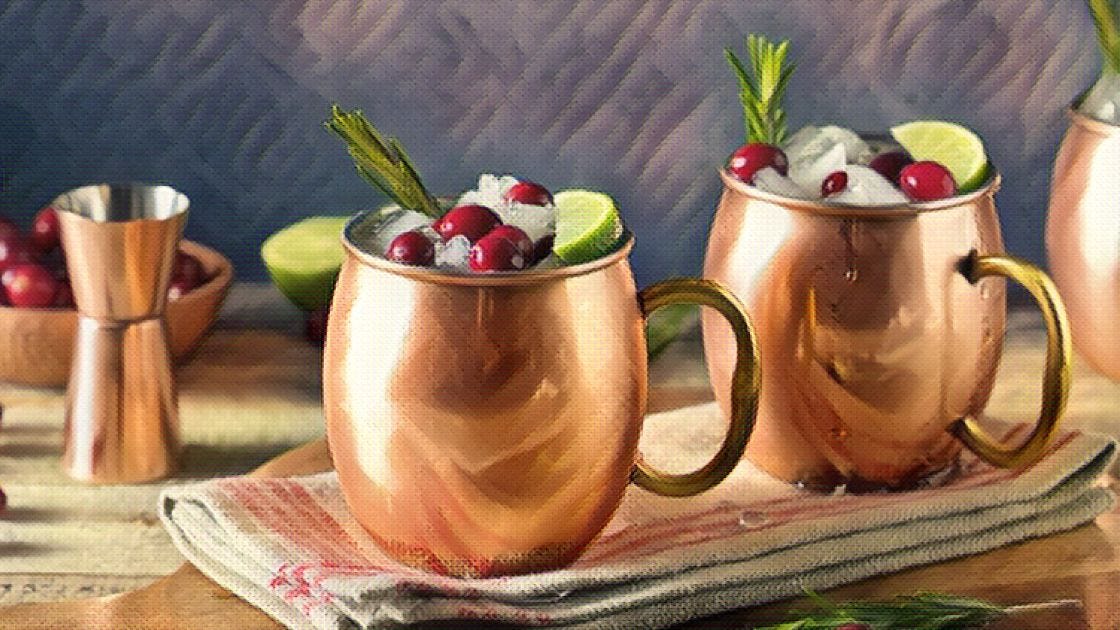Hi there,
This week kicks off the holiday eating around here, with Thanksgiving dinner on Thursday (and for college football fans, lots of football snacks and indigestion on Saturday.)
The articles below highlight a couple of genetic issues that may be relevant to holiday parties and gatherings.
Histamine intolerance is due to an inability to effectively break down histamine from food. It can be a mild problem for some people, causing heartburn and sinus drainage after eating pepperoni pizza. For others, a wide range of high-histamine foods (chocolate, wine, anything fermented, strawberries, tomatoes, avocados, spinach, etc.) can trigger histamine-induced symptoms from headaches to hives to stomach issues.
If you feel bad after drinking alcohol, your genes may be to blame (or you just drank too much). Some of us are slower at getting rid of acetaldehyde, while others may be slower at metabolizing alcohol. There is also a link between histamine and alcohol, for those who have histamine-related reactions after drinking.
This is also the week when everything goes on sale :-) If you want to get genetic testing done, there are some great Black Friday deals right now:
AncestryDNA is on sale for $59
MyHeritage is on sale for $33
23andMe is $79 (still isn't allowing raw data downloads yet)
SelfDecode is on sale for $149.
What about a Genetic Lifehacks sale? If you already have your genetic data, now is the time to join. Use the coupon code BLACKFRIDAY for 15% off. (This is a forever discount that lasts for the lifetime of your subscription!)
Happy Thanksgiving,
~ Debbie
Histamine Intolerance
Key takeaways:
~ Histamine intolerance is caused by an imbalance of too much histamine in the body that overwhelms your capacity to break it down.
~ The imbalance of histamine can be caused by your body producing too much histamine or by not being able to break down histamine from foods properly. Or both!
~ Genetic variants impact how well you break down histamine.
~ Understanding which variants you have can help you target the right diet and supplements to help with symptoms.
This article goes in-depth on the research into histamine intolerance, including the genetic variants that impact histamine levels. It concludes with diet, lifestyle, and supplements solutions. Everything is fully referenced, so you can easily dig into the research yourself. It's a long article (and thorough!), so you may want to bookmark it now to come back to read again.
Alcohol Genes: Alcohol Metabolism Rate
Answers to the question of why you feel bad when you drink?
People have been imbibing beer and wine for millennia, enjoying alcohol ever since someone discovered the altered sensations from fermented fruits and grains. In fact, archeologists have discovered an Egyptian brewery dating to the time of the great pyramids.
This article examines how alcohol is metabolized and how your genes impact the rate at which it is broken down.
What I've been reading:
1) Toxic Levels of Lead Found in Cinnamon Applesauce Brands
ConsumerLab article about lead found in cinnamon fruit puree pouches from the brands WanaBana, Schnucks, and Weis.
From the article: "WanaBana, Schnucks, and Weis apple cinnamon fruit puree pouches have been recalled after being linked, as of November 13, 2023, to 34 reports of illness, including four children with potential lead toxicity. Testing has confirmed that recalled WanaBana Apple Cinnamon Fruit Puree contains extremely high concentrations of lead, according to the FDA..."
HealthRising article about a new clinical trial for people with ME/CFS to test rapamycin. Rapamycin is an mTOR inhibitor, and it may help with the problems with autophagy detected in studies on ME/CFS patients.
3) APOE mutation that protects against Alzheimer's in APOE E4
This mouse study created a mutation that is known in humans as the Christchurch mutation, which protects against early Alzheimer's disease. The study showed that the Christchurch mutation also protects against the negative effects of APOE E4 alleles. While the study doesn't have any specific takeaways of things an individual could do for Alzheimer's prevention, it is a step forward in understanding what goes wrong in the brain with Alzheimer's.
4) These Cells Spark Electricity in the Brain. They’re Not Neurons.
This Quanta Magazine article about astrocytes is interesting -- and shows how much more there is to learn about the brain. If you have some time after your Thanksgiving turkey and before the nap on the couch, give it a read. If you need more to read, check out this Science article on reviving pigs from the dead.






